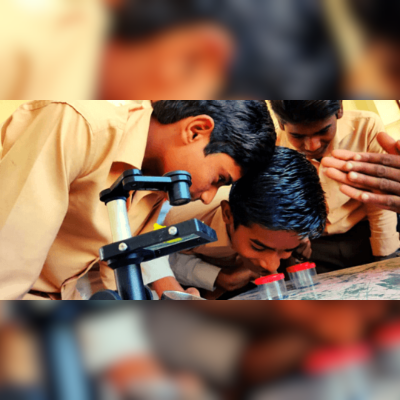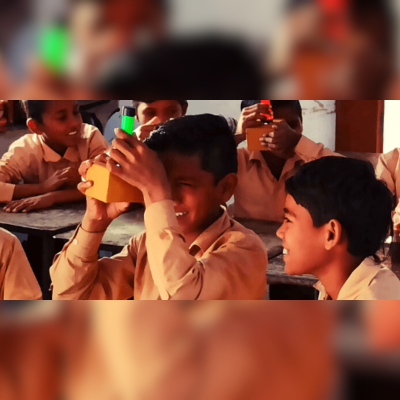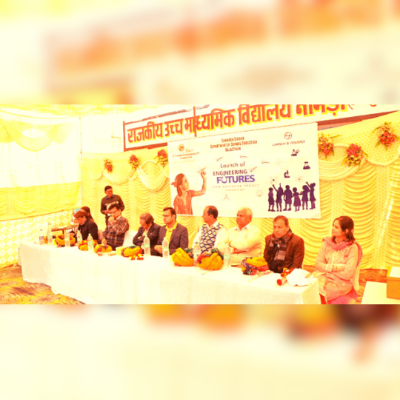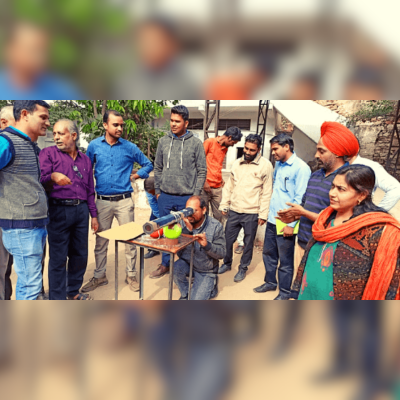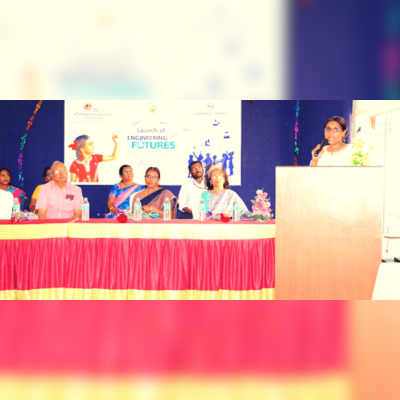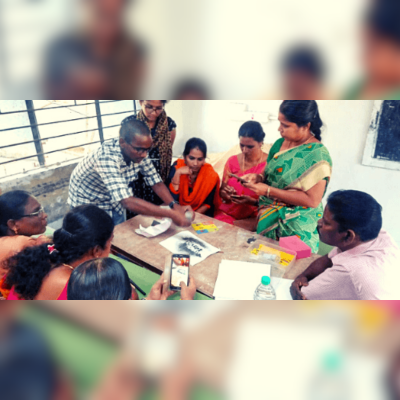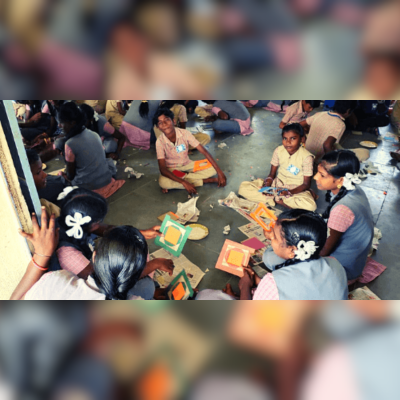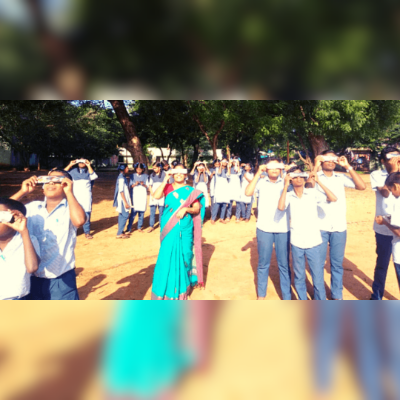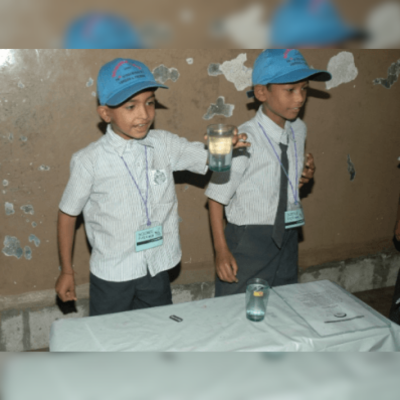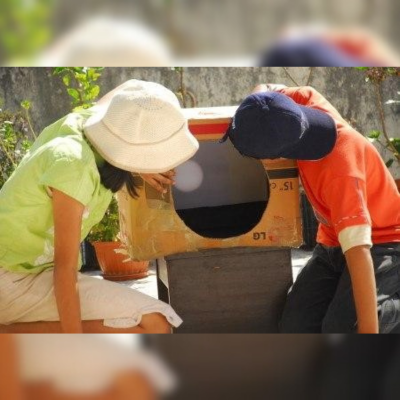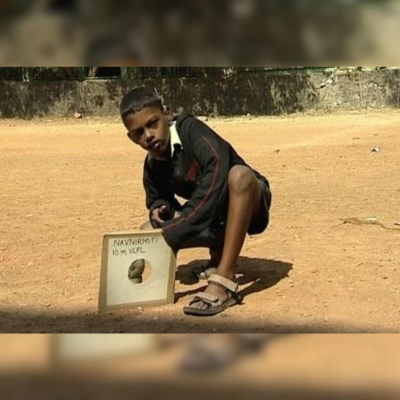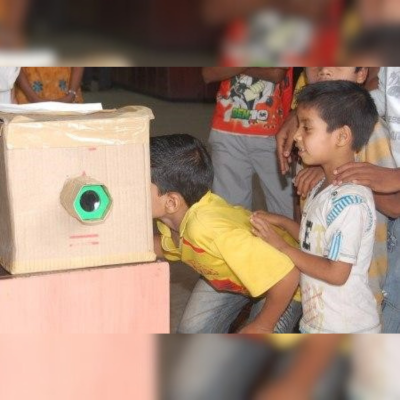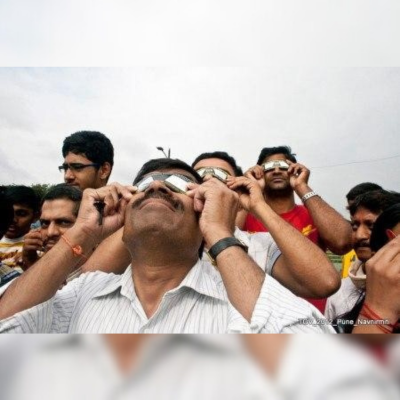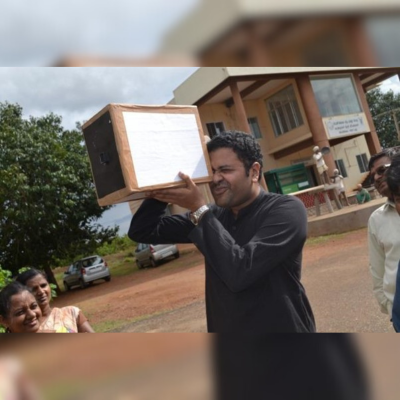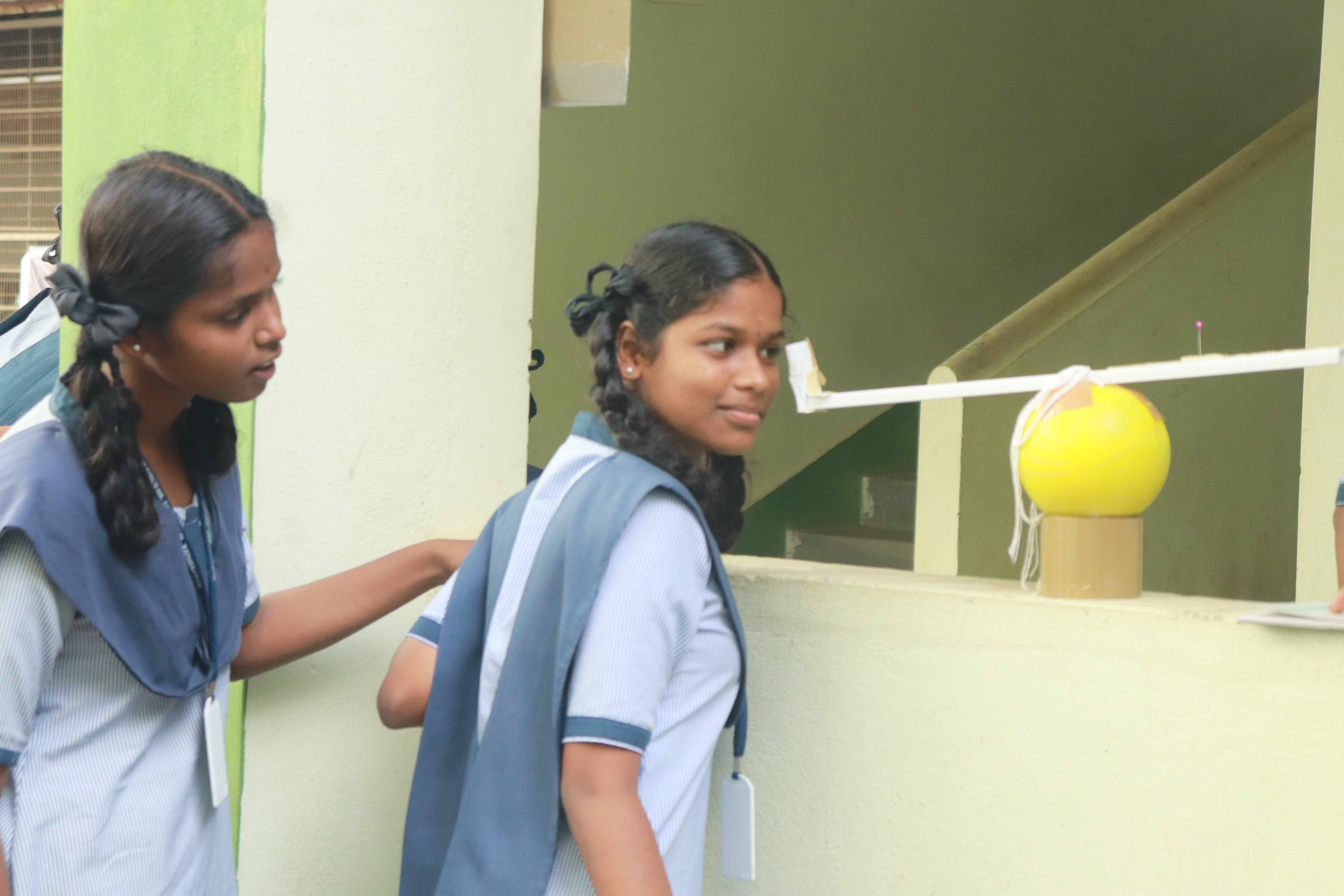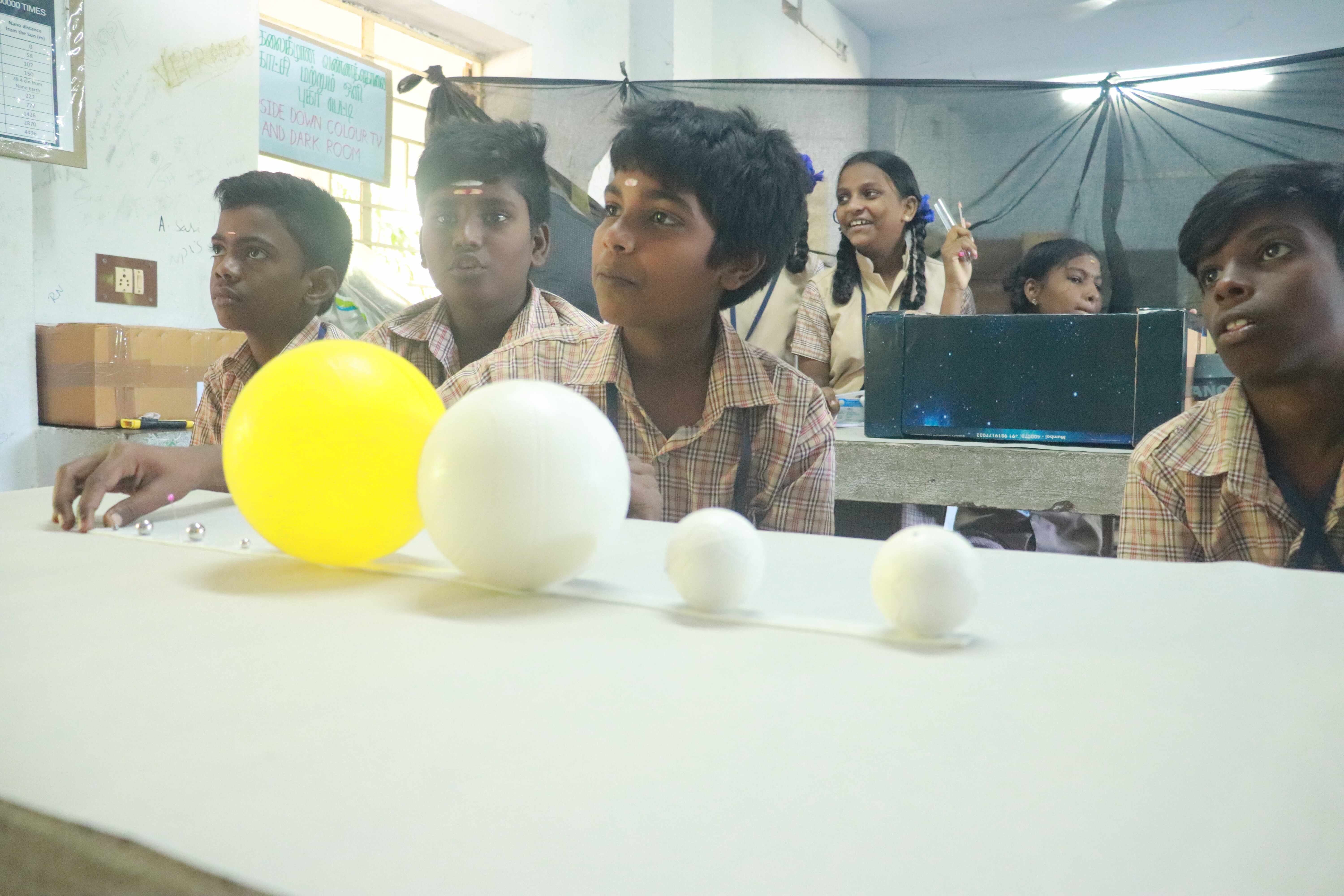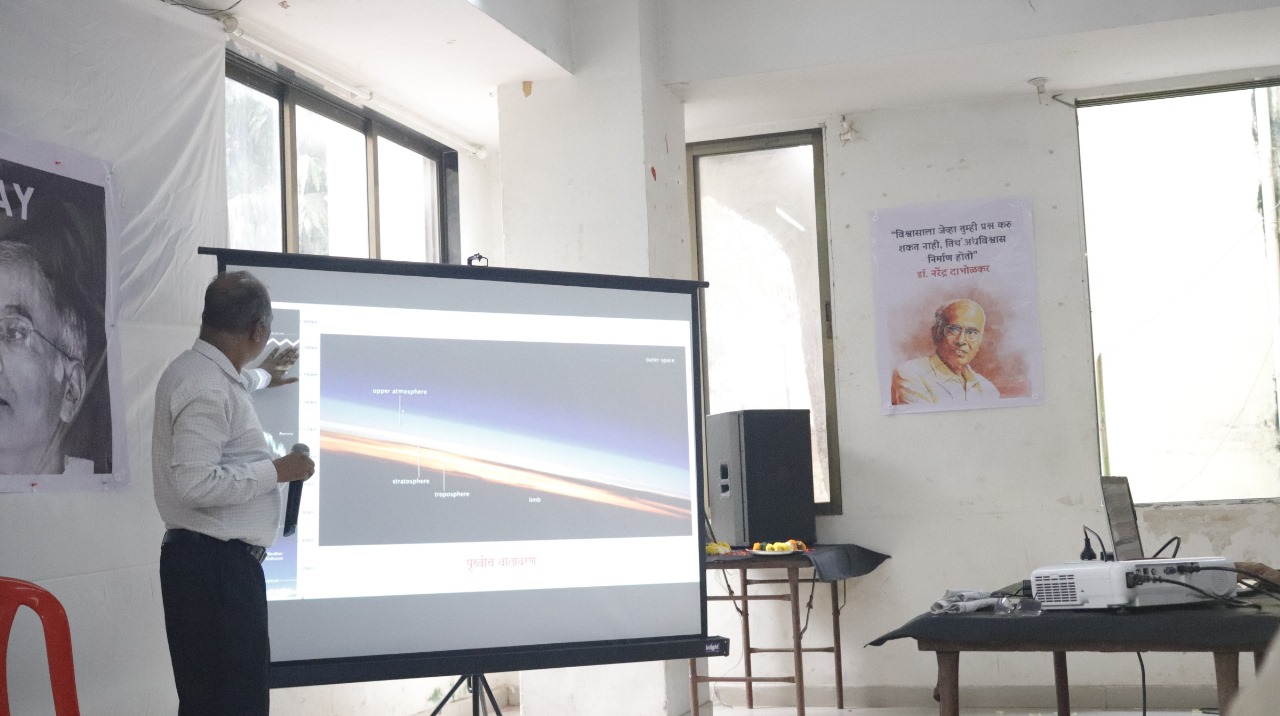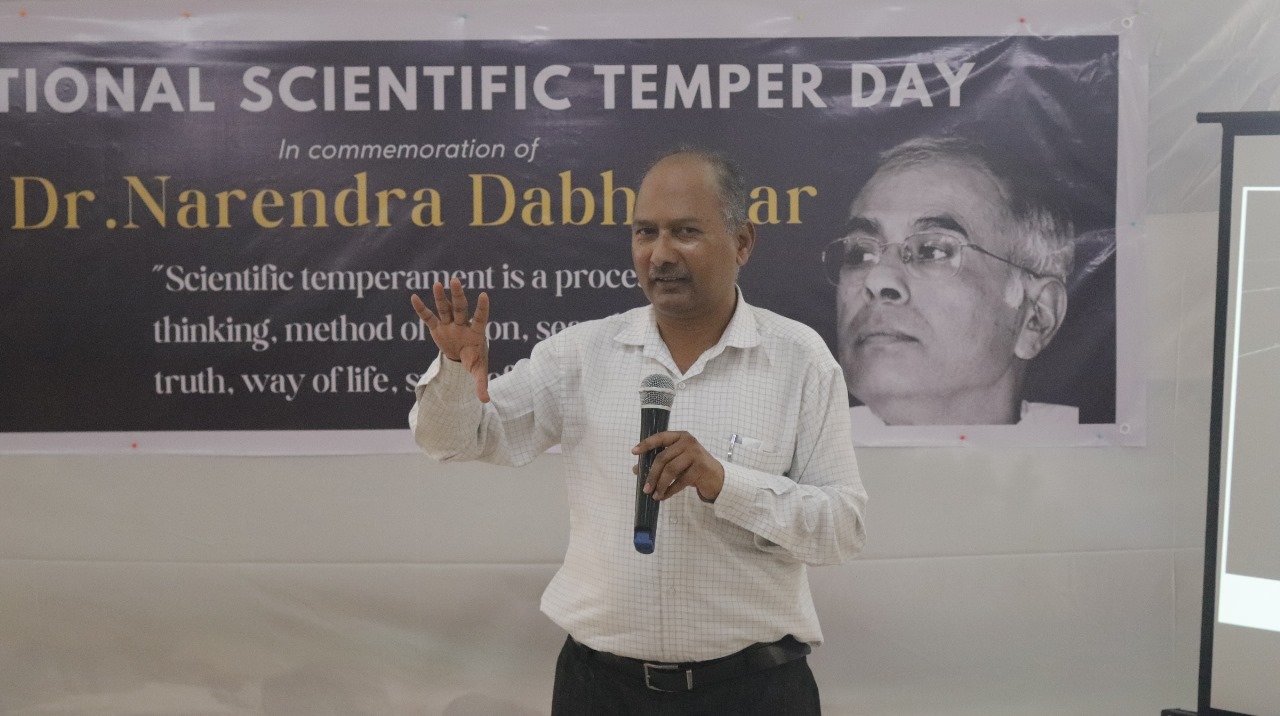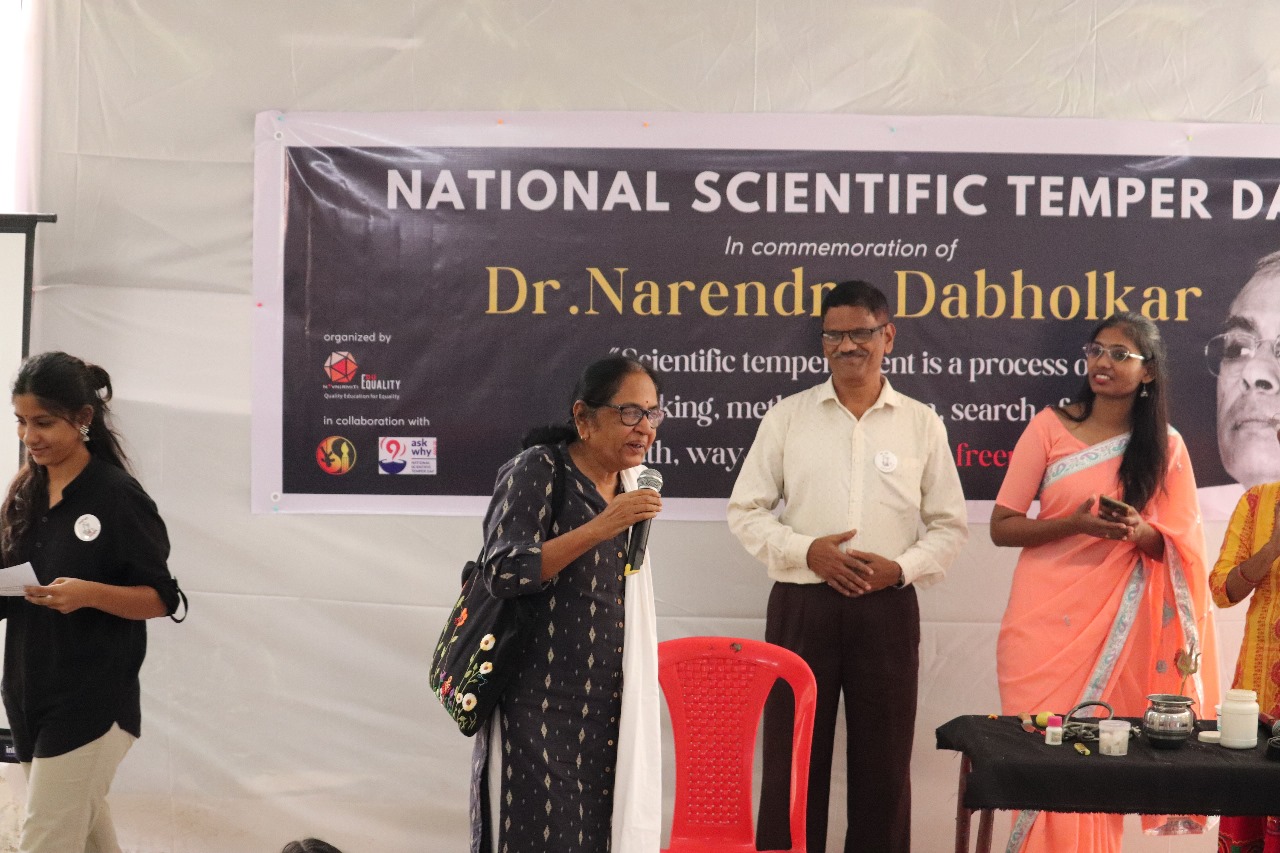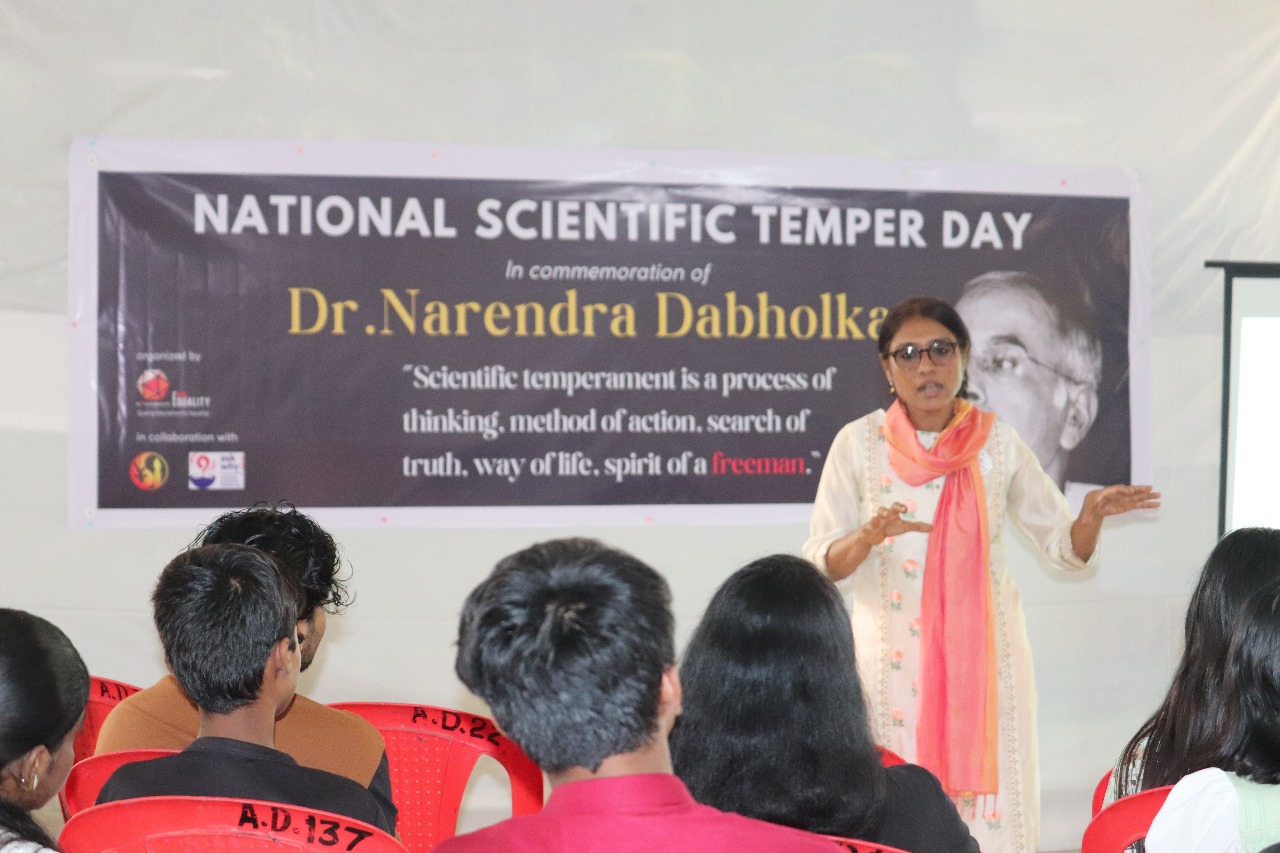STEM
Why STEM Education?
In the 21st century, scientific and technological innovations have become increasingly important as we face the benefits and challenges of both globalization and a knowledge-based economy. To succeed in this new information-based and highly technological society, students need to develop their capabilities in STEM to levels much beyond what was considered acceptable in the past.”
(National Science Foundation)
About STEM Program
STEM by Navnirmiti Eduquality Foundation aims to nurture young minds to become innovators of tomorrow with project based Hands-on Minds-on learning activities. Students are engaged into the learning from real life problems to develop skills and confidence to instill scientific temperament and foster innovation & creativity.
The hands-on activity designed are in-line with NCERT National Curriculum Framework
Objectives
- To experience learning as an enjoyable and meaningful activity
- To develop interest on conceptual understanding by doing science and mathematics
- To promote interdisciplinary approach, collaborative learning in co-operation by teachers and students
- To develop an enquiry based, culture of asking questions in the classrooms
- To promote innovative, creative thinking through playing games, art and design
Why Science Education?
Science is everywhere. It is imperative to develop a scientific temperament among children with focus on logical thinking, questioning, reasoning and logic so as to improve one’s understanding of the world.
Being naturally curious, children display eagerness to explore the ‘hows’ and ‘whys’ of the world. Navnirmiti Eduquality emphasises the need to learn science through understanding, which can help shape the children’s capabilities of observing physical reality, hypothesizing, analysing, testing and communicating. By nurturing this scientific bent of mind using effective tools, the idea is to mould the scientific thinkers of tomorrow into reality.
The Reach of our Science Programmes
We worked with L&T’s CSR department to introduce STEM Education in 20 Middle Schools. More than 3000 students, Grades 6 to 8, from schools near L&T campuses and project sites in Rajasthan, Pondicherry and Kalpakkam (Tamil Nadu) were also picked for the initiative.
Science in Schools
We make science learning fun, engaging for young people and children by exposing them to the joy of scientific inquiry. Through expert interactions, visits to leading research facilities, and participation in real experiments, we inspire them to stay curious. Science enrichment program enables teachers and students to engage with science by doing and communicating in the classroom. Teachers using the demo models from the Science activity kits will be able to create an experiential and activity-based classroom.
Public Events
Solar Eclipse Observation 2019
Navnirmiti organized a Solar Eclipse Observation initiative during the rare celestial event on 26th December 2019.
We organised a Suryotsav early that December to educate students, teachers, and local communities about safe-viewing of the solar eclipse. The initiative reached nearly 100,000 people and involved the distribution of solar filters to facilitate safe viewing of the solar eclipse across our project schools.
We began the Solar Observation programmes back in 1995. Since then, we have conducted 7 such events – 1999, 2001, 2002, 2004, 2012 and 2019 – with an overwhelming response.
National Scientific Temperament Day
We organised this event to celebrate rational thinking, critical inquiry, and the pursuit of knowledge – values that were embraced by Dr. Narendra Dabholkar. Our event included insightful talks, cultural events, engaging discussions and an opportunity to meet individuals with passion for scientific inquiry and progressive thinking.

